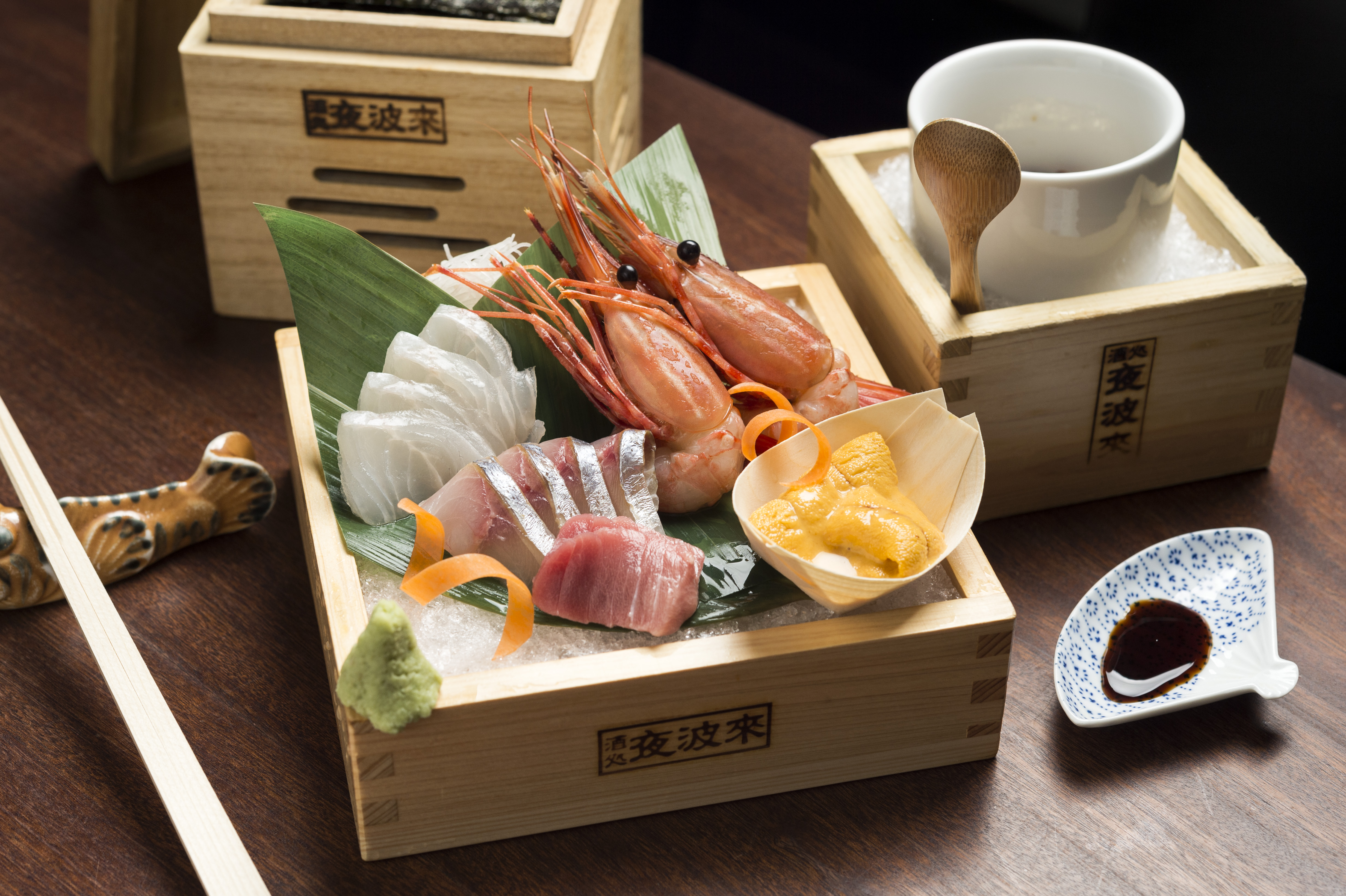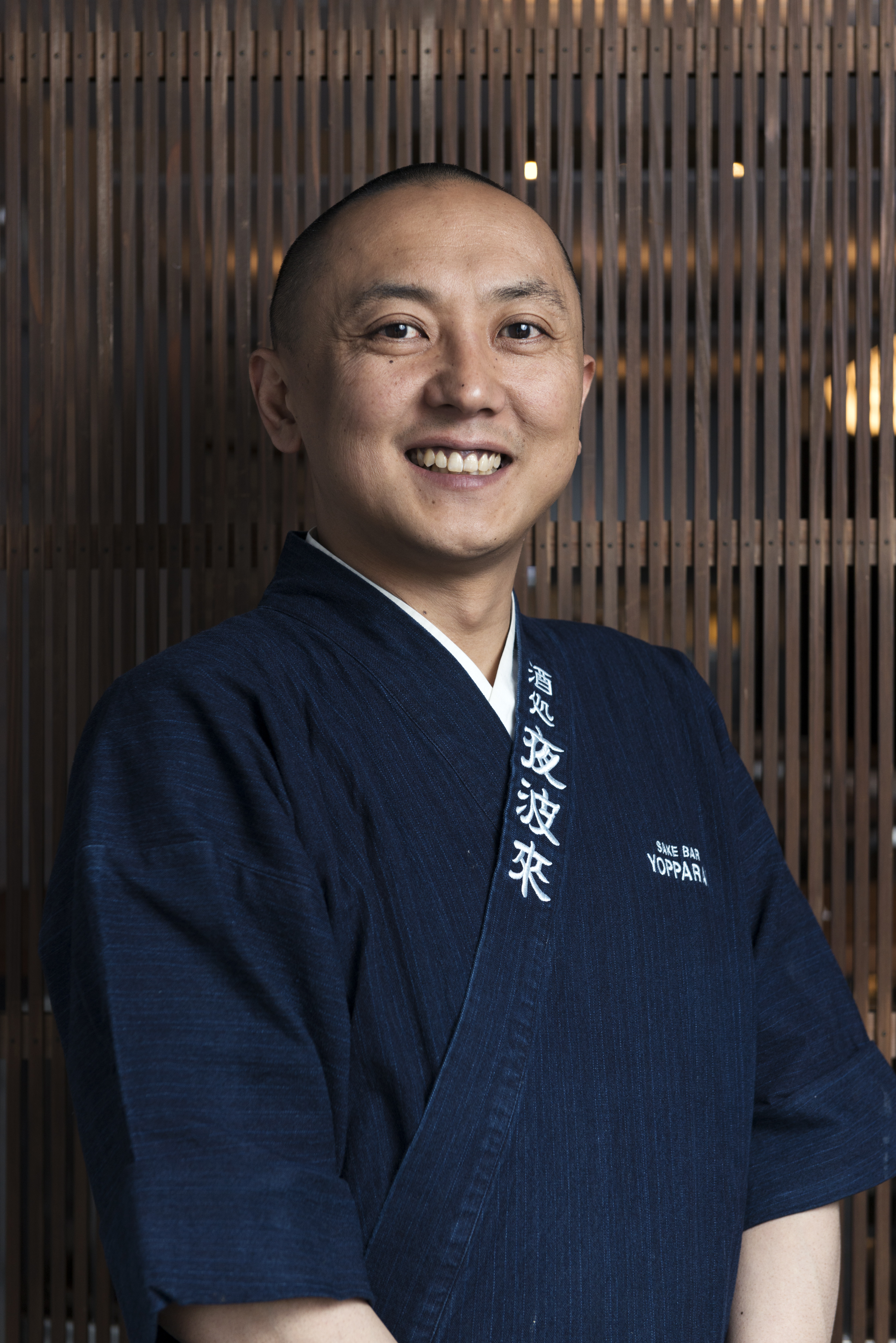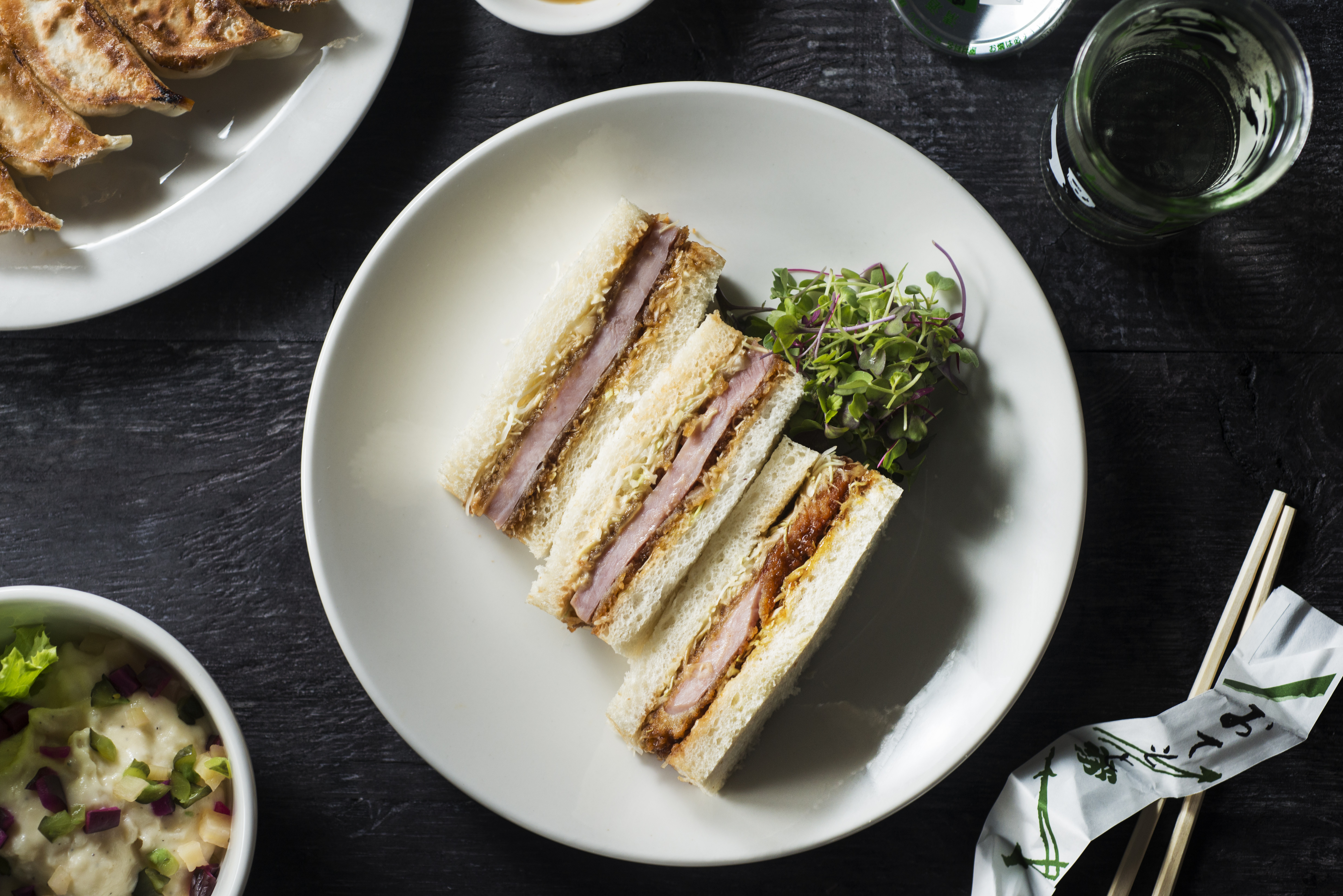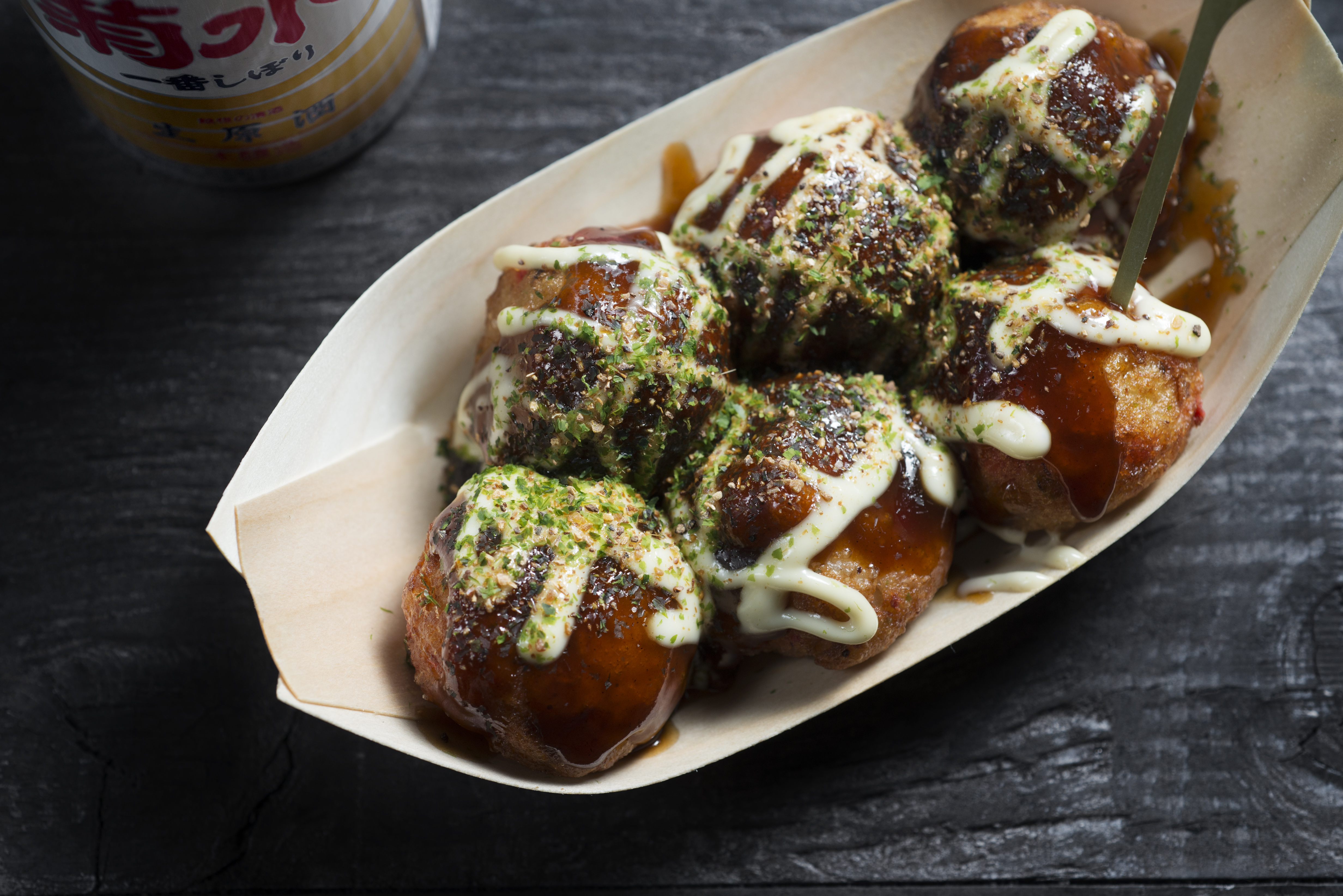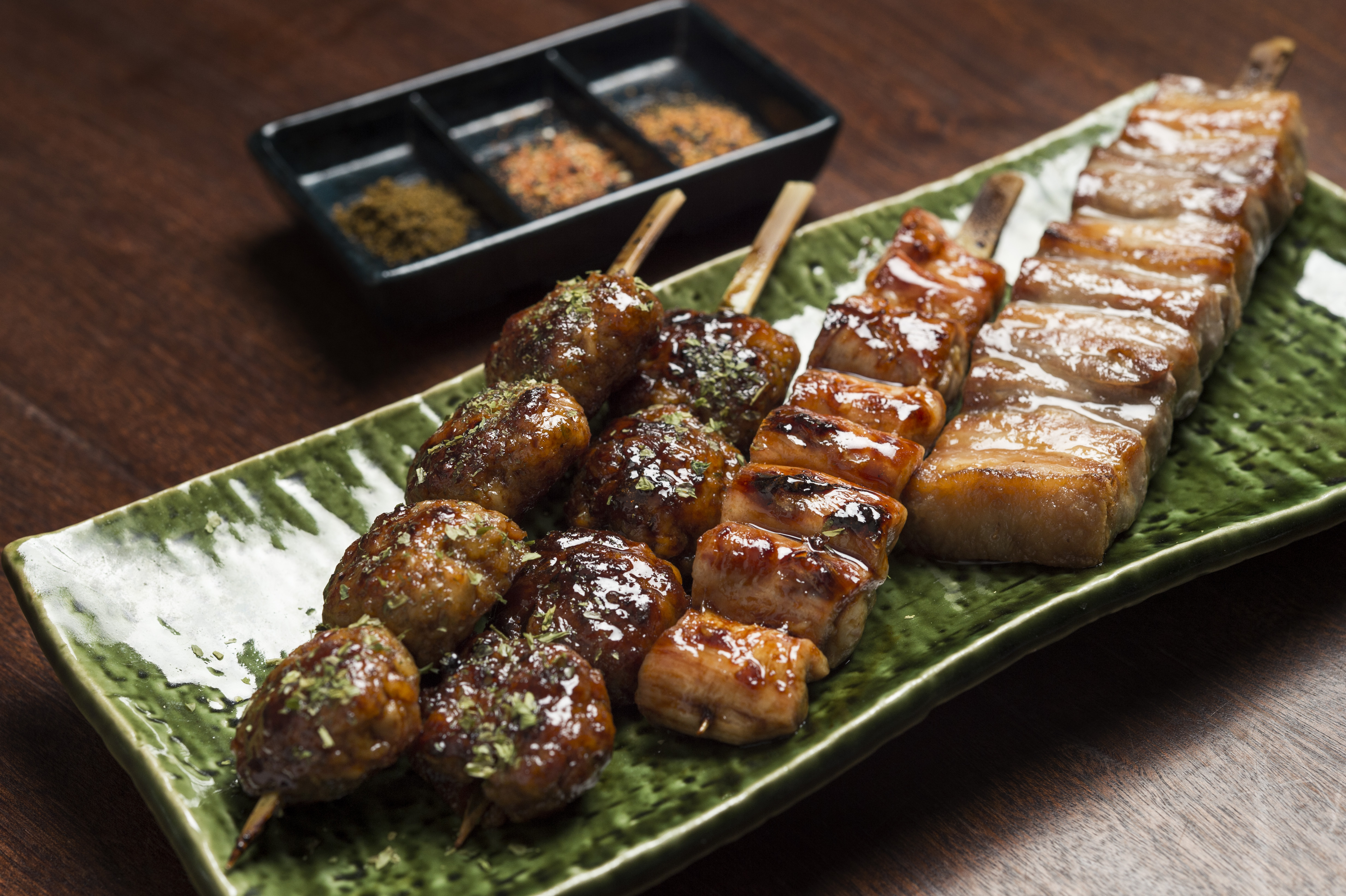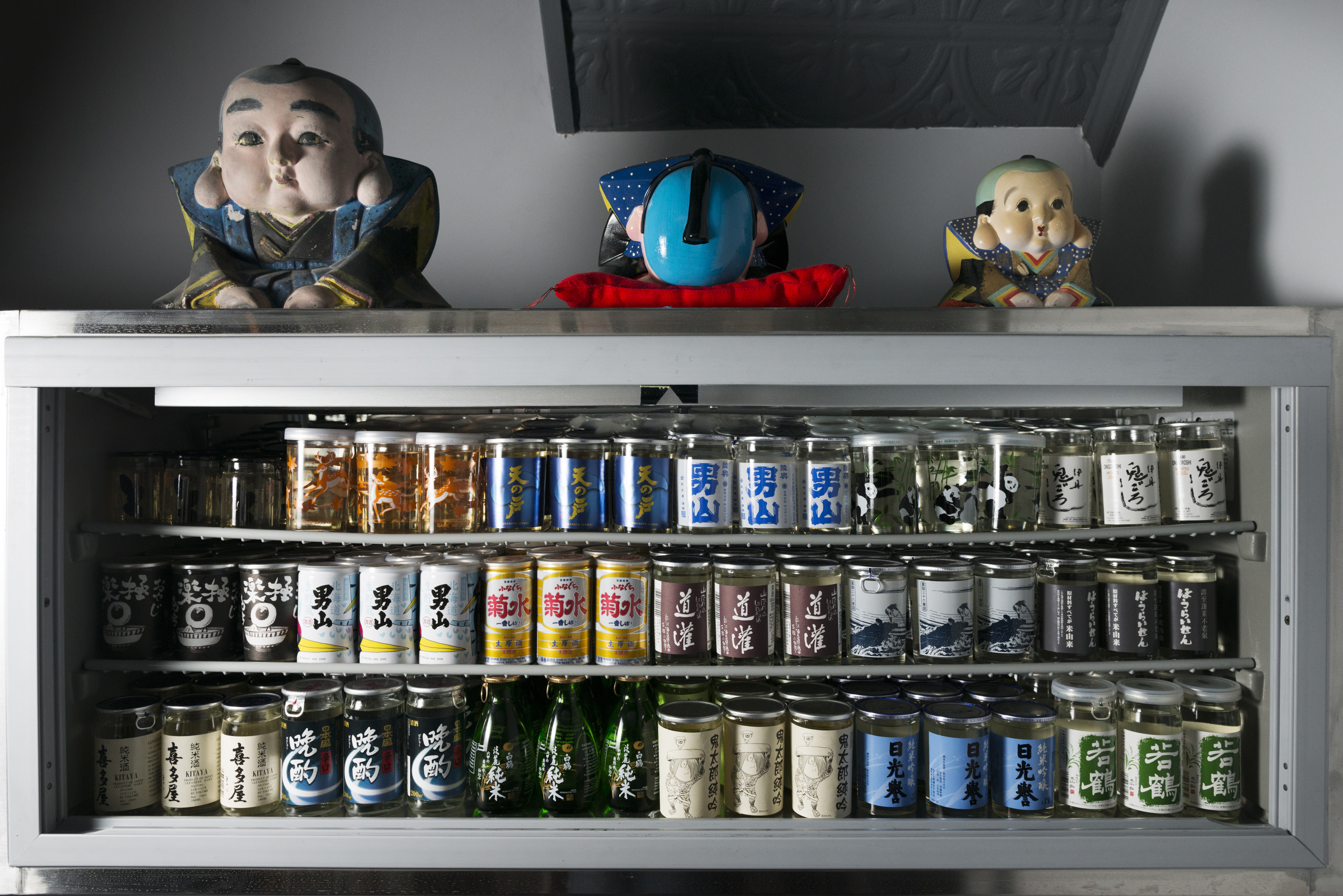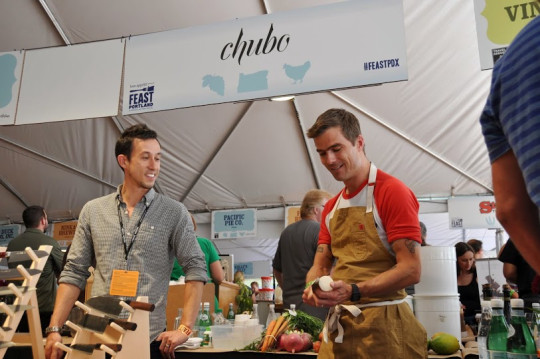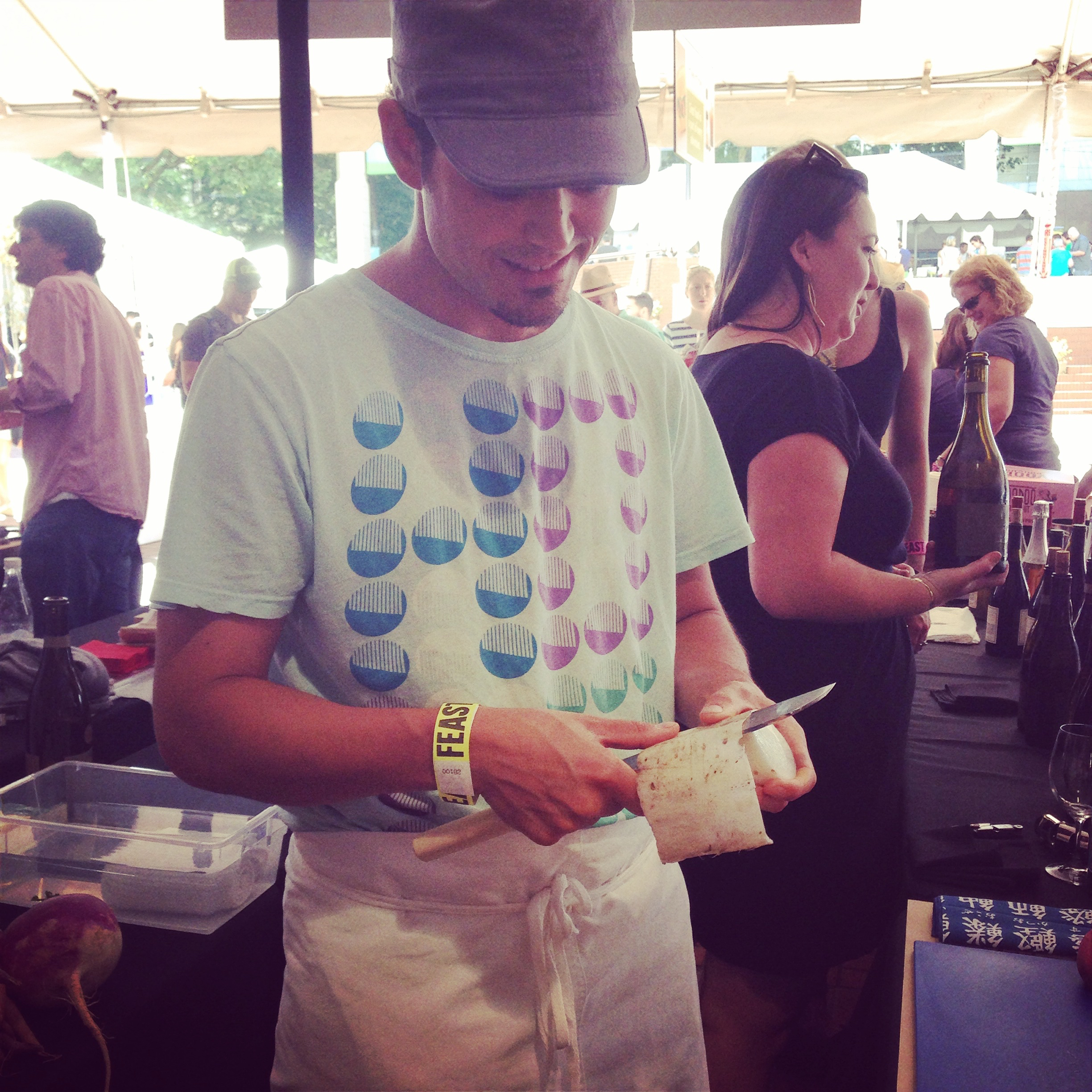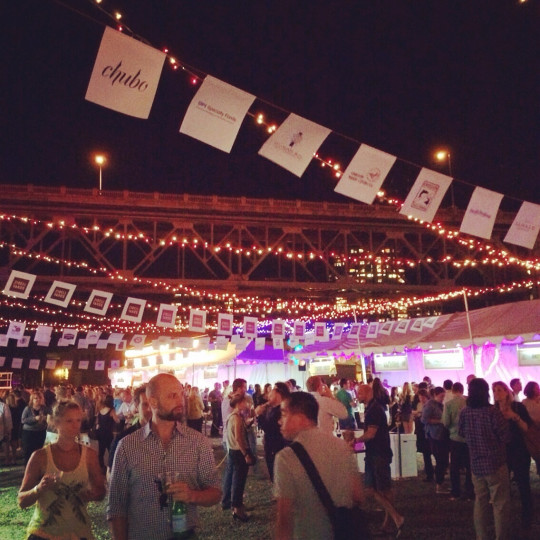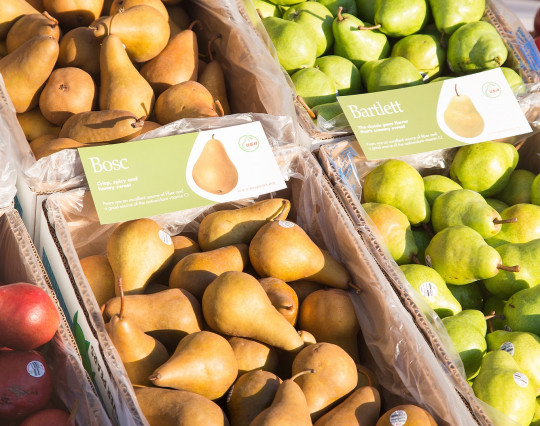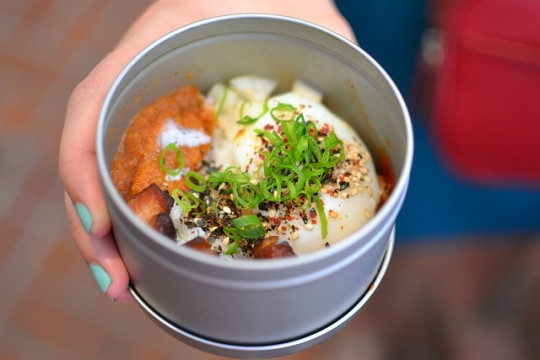Gaku Shibata, along with his wife Christy, owns Yopparai and Azasu in New York’s Lower East Side.
Can you tell us a little about where you’re from and how you got involved in the food world?
I was born in Tokyo, but I left Japan when I was 20. After highschool – I didn’t know what I wanted to do, and had little motivation so I did many part time jobs, but I knew I wanted to study abroad, especially in the U.S. – so I tried to save money for tuition, but after two years, it wasn’t enough. My mother found out tuition in China was less than half of Japan or the U.S. – so I decided on that and went to Beijing Foreign Studies University. I didn’t have any interest in China, but I tried to like. After getting there I really tried to like it.
What was your first impression?
Twenty years ago China was really different. I was the first Japanese student after Tianamen. You know – June 1st – since then, China wasn’t expecting any foreign students and foreigners over all were much less than now, but I had a really great time. I stayed four years and studied English and Chinese and International Relations, really I didn’t study anything, but got experience on how businesses could operate in China. At that time I met my wife, Christy who was there on a short program from Pennsylvania and we wrote each other for 10 years and then got married.
After leaving China – I worked for several companies, but I learned I’m not good at working for somebody else, it’s kind of an embarrassing thing, but I can not fit in with Japanese conservative companies, so I would feel really uncomfortable and quit after two months and then I started to have lots of part time jobs, as a waiter or bartending at the American Club in Roppongi. I starting thinking about starting a business.
First, I started a Chinese Mandarin school in Tokyo – at the time everyone wanted to start a business in China – so it was good timing. Then I was importing hot dog pushcarts from New Jersey to Japan, and also importing Oscar Meyer hot dogs. We sold a lot. We had a pushcart at Tokyo Dome – a major baseball stadium, and horse racing and around Roppongi area. We called it NY Hot Dog – NYHD in Japanese it sounds like NYPD – and the uniform looked like New York City’s Police. We did that for about 2 and half years, and then I worked importing other things, but at that time it was the bubble, so the economy was slowing down, so I started to cash out all my businesses. My wife was offered a job in New York, so we decided to come here.
My English was not really good enough for business, so I thought my only chance was to do something related to a restaurant. My wife is American and I took her everyplace in Tokyo and she really liked it, so I saw the potential to have authentic Japanese food in New York City. We came a couple times for sightseeing, but I never felt satisfied as a Japanese with the Japanese food here.
I started working for a restaurant in Japan, Aburaya. My head chef at Yopparai, Junya Miura, it’s his father’s place. A thirty year old historic Izakaya in Roppongi. I was a regular there and I told his father – I’m moving to the U.S. and want to start a Japanese food business. I was over 30 years old – so to be an apprentice at that age is kind of crazy. He thought I was not serious, so he said “I don’t think so”, but the next day I shaved my head, same as my master. I wanted to show him I was serious. So we talked again, and I said, “I really want to study. I don’t need money”. And then he gave me a chance. It was a great experience. Working five days a week, he showed me how to use knives, ingredients, recipes and management also. I really respect him and appreciate him a lot for that.
I told Junya – I’m going to start a business in New York sometime soon, so please get ready. I have permission from your father to take you with me. But when I got to New York it was really hard, no friends, no experience. I have some English difficulty – so the first year was really hard. It was 2006, and I started working as a prep cook at Japanese restaurants, working in the basement, coming in really early to chop vegetables and open oysters. It was really tough, but because I had a dream and stuff, I was able to bear it.
At that time my wife got a job offer in LA – so we moved again. I was doing a really low level job, but my wife is an executive, so it’s tough with man’s pride – but we spent that time focusing on her career. That was the hardest time. I didn’t like LA, the vibe is so different from New York. I grew up in Tokyo – where the vibe is more similar. LA is a nice place with great weather and people are nicer than New Yorkers, but you know, I never felt comfortable… but I stayed and worked in a sushi bar. And then after two years, we had the chance to come back to New York. And I got more obsessed about starting a business. I’d been in the states for five years now and really needed something for myself, so I brought Junya over from Japan and we started to open Yopparai.
In our opinion, Yopparai is one of the most beautiful spaces in New York. Where did the design inspiration come from?
I didn’t want to have too much of a typical authentic interior, because this is New York. The concept is authentic Japanese food, but the feel should be New York. I had a friend who’s an architect, and he helped me visualize my idea.
I have a sake sommelier license, but I’m not into talking about sake and the process. I’m more of a drinking sommelier. I just like to drink and get drunk. I shouldn’t say, I don’t care about the details of a sake but for me it depends more on the weather, who are you drinking with, what are you eating? It’s really complicated, all these factors together. Ultimately, I want to have a good time with sake at my place. I’m not here to give a lecture. If people want me to warm up daiginjo.. if they like it and are happy – I’m happy too. I’m gonna tell them, I don’t recommend it, but if you really want to I’ll do it. I’m easy going. My concept at Yopparai is that I want every customer to have a smile and good buzz.
Judging from personal experience, it seems you’re very effective in that goal!
Eating is the pleasure of life. It’s not about what degree the sake is at. I want to create a good condition to enjoy sake.
How did you collect all the different and beautiful sake cups?
I spent 10 years building my own collection, each time I went back to Japan, so that’s every sake cup on the shelf. When people order high-end sake – or when my favorite customers come in, I like to use my personal collection.
Do you have to approach Japanese food differently in NY?
Having a restaurant is really hard, because what New York needs and what I want to provide is sometimes different. I’ve spent six years in the US, I know what New Yorkers want, so we decided to make the food really authentic, we don’t want to use avocado or truffles, I know it’s good and I understand that, but at that time there was a boom of big box restaurants, Nobu, Megu, Buddakan, Tao – fusion restaurants, so I decided that I don’t want to chase anyone. I don’t want to do ramen or sushi. There’s enough in New York City. There were great sake places in New York – Sakagura, Decibel. I respect them, but I wanted to do something different. I wanted to sell something made in Japan.
Tell us about your new restaurant Azasu.
I liked the Lower East Side, I had a lot of ideas that I couldn’t do, because Yopparai is high end. Lots of customers wanted shochu or beer and it’s hard to say no. So I had the idea for a casual place. I wanted younger customers and people to come in and enjoy ‘cup sake’ here, thinking in a few years, they can graduate to Yopparai. I thought of it as a ‘Gateway Japanese Booze’ restaurant. That’s the idea with everything from Japan – whiskey, beer, shochu.
These are two interesting restaurant names, if you speak Japanese, Yopparai meaning “Drunkard” and a Azasu, a kind of slangy way to say “Thanks very much much” Where did the idea for these come from?
I thought it needs to sound good, With ‘Yopparai’ – P is like Sapporo, Azasu the sound was most important. It could be Spanish, Russian or African, it could be anything, but I wanted something catchy.
Can you tell us about this freezing drink machine.
We serve Hoppy – which is a non alcoholic hop drink [for mixed drinks]. We’re the first official restaurant, but Hoppy’s president gave me 3 conditions. 1 – Hoppy must be really cold. 2 – We have to freeze the shochu and 3 – We had to freeze the mug. So we have this 24 degree shochu [on tap], and this is NY so I want something catchy – so I was looking on the web and found this magic froster – it’s from Spain, so this is the first one in NY. People like it, some complain it’s too noisy, but most people like it.
Any favorite places to Eat in New York?
I love Cagen, I respect the chef a lot. The sushi and soba is amazing. I can say it’s the best soba in New York. It’s three bites, but really great. That’s it for going out, because lately I’m really busy.


